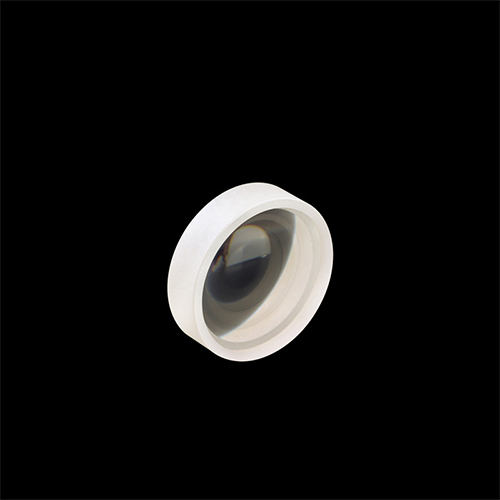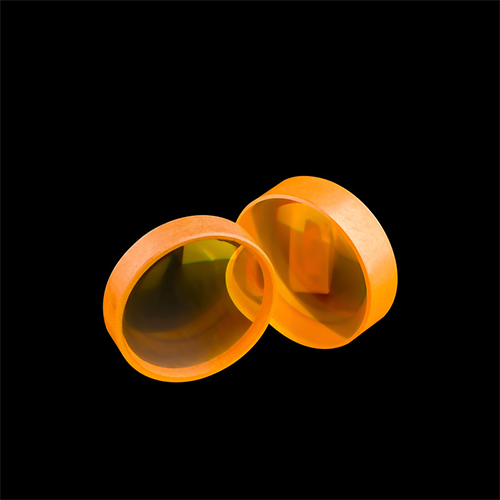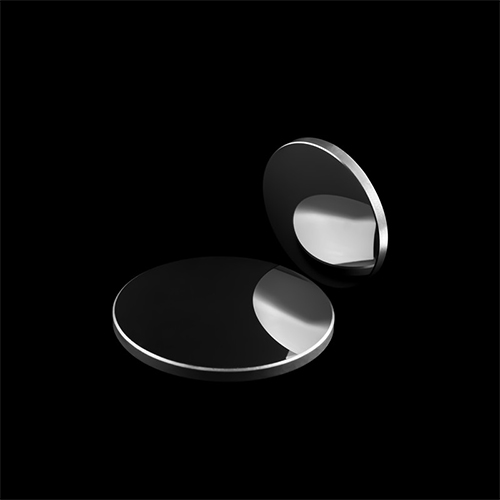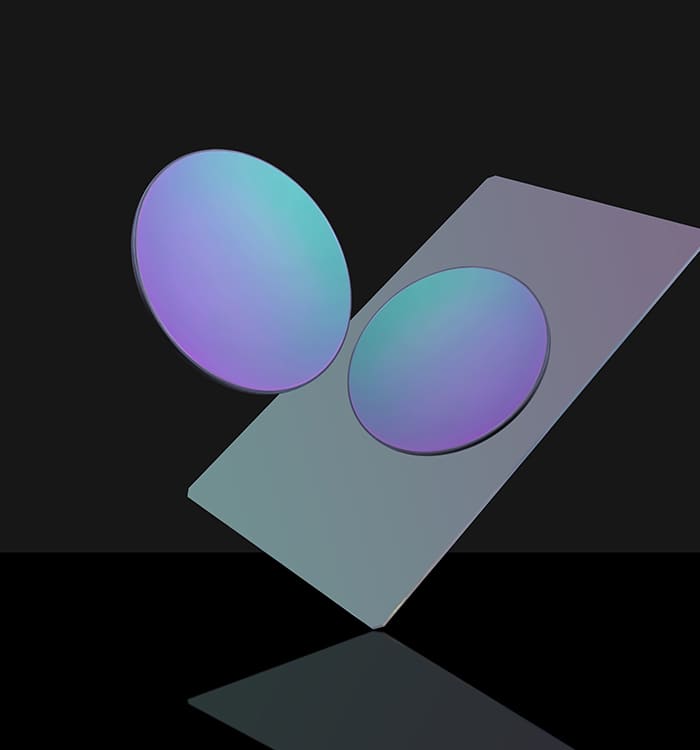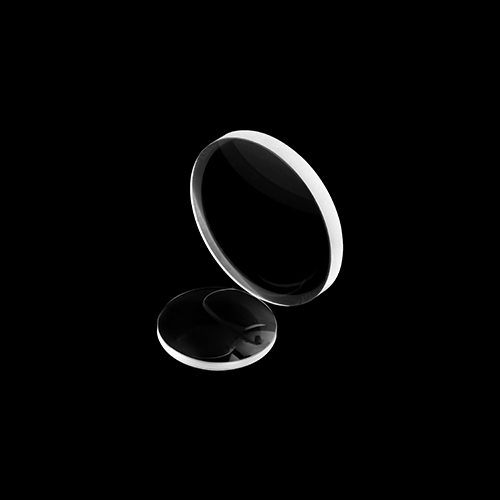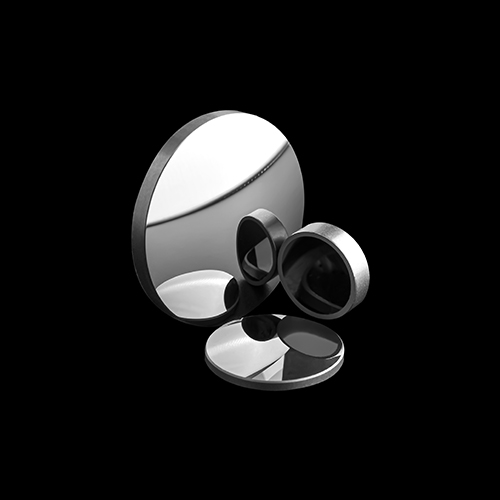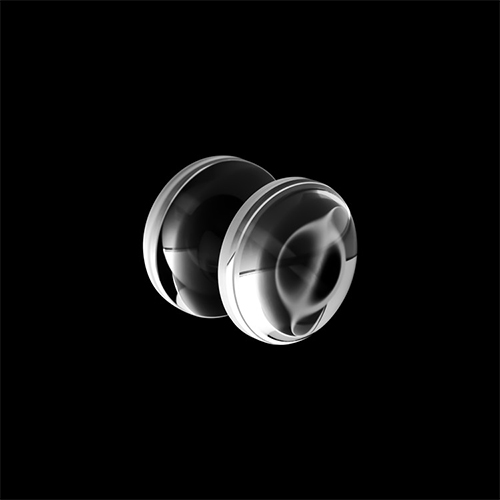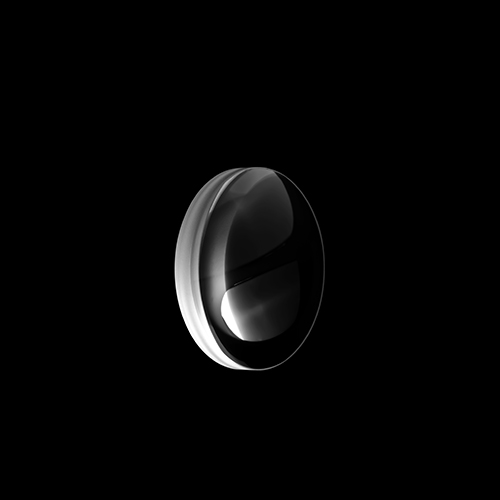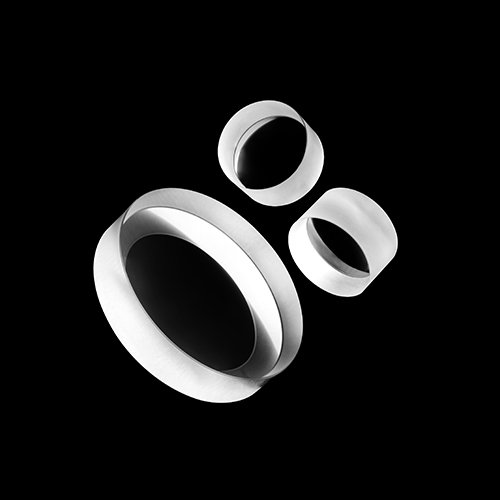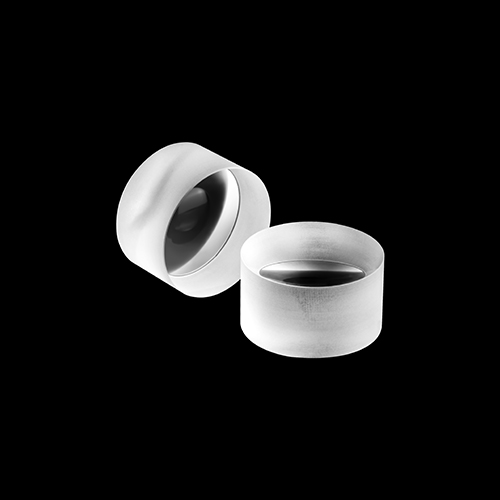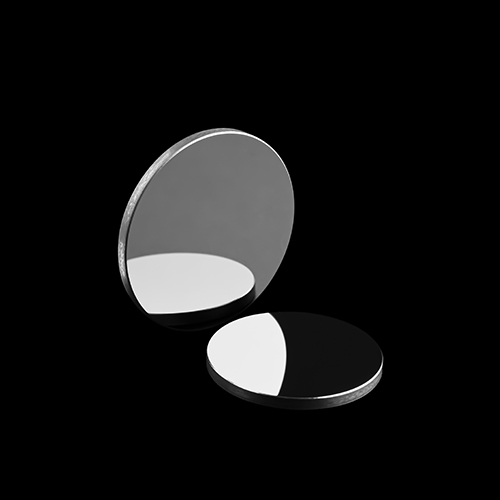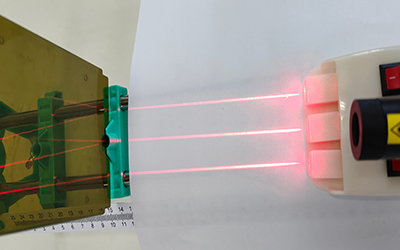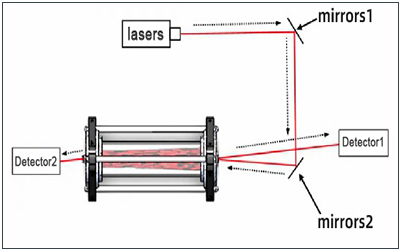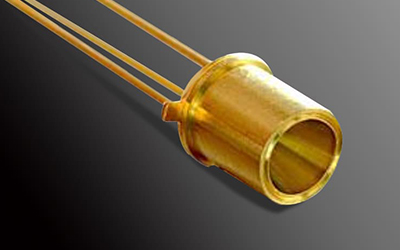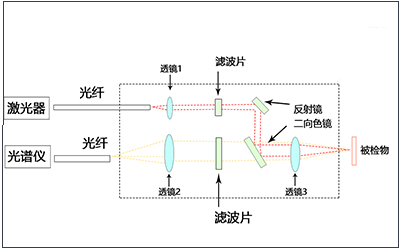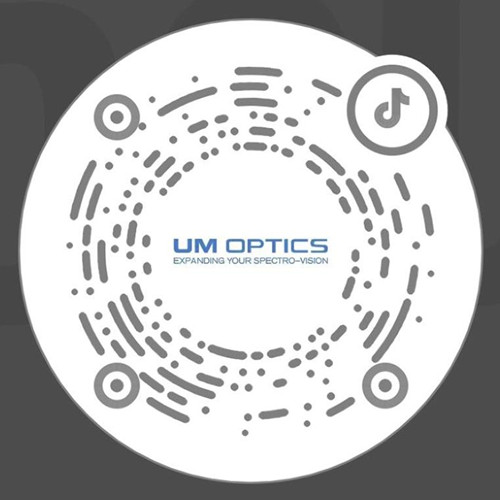Optical components required for detection and sensing
Windows
Calcium Fluoride Windows, Barium Fluoride Windows, Magnesium Fluoride Windows, Silicon Windows, Germanium Windows, Zinc Selenide Windows, Zinc Sulfide Windows, Sapphire Windows,Fused Silica Windows, Lithium Fluoride Windows, K9 Glass Windows
Filters
Germanium long wave pass filters, silicon long wave pass filters
Lens
Planar convex lens, planar concave lens, biconvex lens, biconvex lens, meniscus lens
Mirrors
Classification of Spectral Analysis
gas analysis
Gas analysis is an analytical method that uses the different physical and chemical properties of various gases to determine the composition of a mixed gas. The significance lies in ensuring the smooth progress of the production process while ensuring the safety of personnel and equipment. The characteristic lies in the fact that gas itself has the characteristics of small mass, high fluidity, and volume changing with temperature or pressure. Therefore, the volume of gas is generally measured instead of mass, and the temperature and pressure of the environment are measured simultaneously. Applied in fields such as building materials, coking, chemical, and metallurgical industries.
Solid state analysis
Solid state analysis is the process of analyzing the physical, chemical, or physicochemical properties of a solid sample to determine its composition, structure, properties, purity, or impurity content. It covers applications ranging from simple physical property measurements to complex chemical analysis and advanced technologies such as spectroscopy and chromatography. Applied in fields such as materials science, chemical engineering, environmental science, geology, biology, etc.
Liquid analysis
Liquid analysis is the process of measuring the properties and composition of a substance in a solution to provide detailed information about the sample. This analytical technique comprehensively utilizes qualitative, quantitative and other analytical methods to analyze the various components, element content, and filler content of liquids. The components of the product or sample can be analyzed qualitatively and quantitatively through microscopic spectra and laser detection of molecular structure. Applied in environmental monitoring, water quality testing, chemical industry, pharmaceuticals, food processing and other fields.


